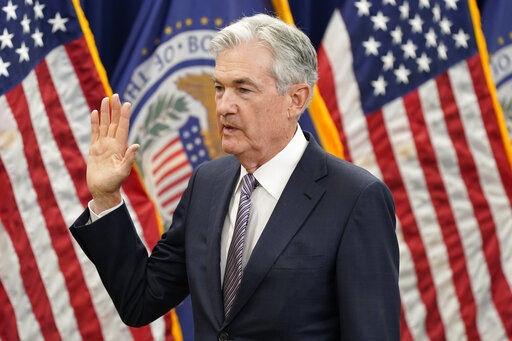WASHINGTON — Federal Reserve officials agreed when they met earlier this month that they might have to raise interest rates to levels that would weaken the economy as part of their drive to curb inflation, which has reached a four-decade high.
At the same time, many of the policymakers also agreed that after a rapid series of rate increases in the coming months, they could “assess the effects” of their rate hikes and, depending on the economy’s health, adjust their policies.
According to minutes from the Fed’s May 3-4 meeting released today, most of the officials agreed that half-point increases to the Fed’s benchmark short-term rate “would likely be appropriate” at the central bank’s next two meetings, in June and July. Such an increase is double the usual hike.
All the officials believed that the Fed should “expeditiously” raise its key rate to a level at which it neither stimulates or restrains growth, which officials have said is about 2.4%. Some policymakers have said they will likely reach that point by the end of this year.
The minutes suggest, though, that there may be a sharp debate among policymakers about how far to lift rates into “restrictive” territory after that. The economy has showed more signs of showing, and financial markets have dropped sharply, since the Fed meeting.
And some officials, particularly Raphael Bostic, president of the Federal Reserve Bank of Atlanta, have suggested that the Fed could reconsider its pace of rate hikes in September, after half-point hikes in June and July.


